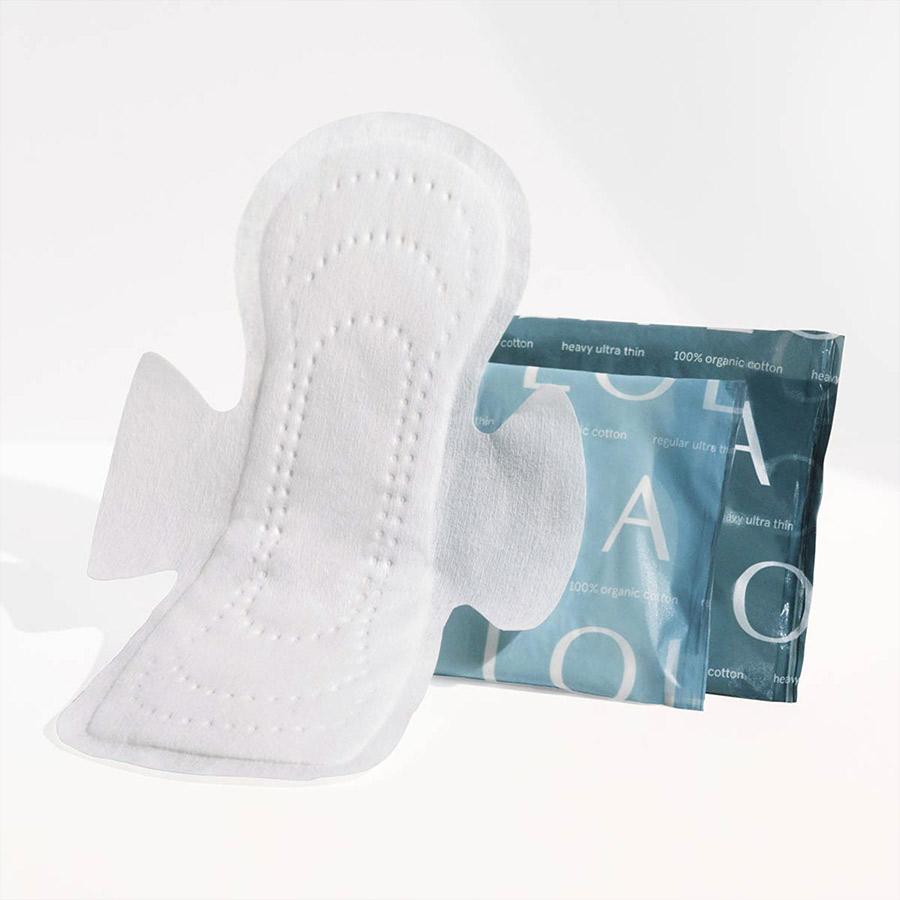Infertility is a difficult issue to deal with, and oftentimes even harder to talk about. Cultural depictions of infertility often make it seem like it's a female-only issue, but these depictions are far from accurate. In fact, men and women are equally as likely to receive an infertility diagnosis. According to the American Pregnancy Association, 1 out of every 6 couples are affected, with male infertility contributing to 30% of all cases.
While it's cliché to say that men don't like to express their feelings about topics like this, some studies have found it to be true. Combine this emotional hesitation with the often stigmatized and sensitive nature of infertility, and it is easy to see why many individuals experience feelings of embarrassment or shame surrounding their diagnosis.
We spoke to Mike, a 34 year-old men's health advocate, who has experienced the frustration of a male infertility diagnosis first hand. "When we first got the diagnosis, I was pretty crushed. I spent a while blaming myself; feeling like I was ruining our chance of starting a family. Fortunately my wife was very understanding and we were able to help each other cope."
Communication is key in any relationship, but Mike found that this particular situation could have quickly gone the other way if he and his wife weren't maintaining an open conversation."Just based on the blame I initially felt, I could see how keeping that inside would have just snowballed into me feeling isolated in the relationship. If she wasn't there to be supportive then things would have gotten much worse."
If you and your partner find yourself in a situation similar to Mike and his wife, here are a few tips that might be helpful.
Keep it cool
There are many ways for men to combat infertility issues, or to at least work around them. Regulating body temperatures and reducing heat around the scrotum can help increase sperm counts. So everything from wearing more loose fitting underwear (boxers as opposed to briefs) to avoiding hot tubs, baths, or long, hot showers can be a big help.
Go organic
Prolonged exposure to certain environmental toxins like pesticides, mercury, and lead-based paints can also affect sperm counts, as well as drug use including cigarettes, alcohol, and marijuana. Eating organic foods, vegetables, citrus, and any other foods that are high in antioxidants can be helpful.
Consider IVF
If sperm count is the problem, and it continues preventing conception regardless of any lifestyle changes, you can consider other options like in vitro fertilization (IVF). IVF pairs a healthy individual sperm with a healthy individual egg, so low sperm mobility, or low sperm production is no longer a factor (this was the option that eventually worked for Mike and his wife).
However, IVF requires much more of a physical commitment from a female partner than it does a male, including an intensive egg retrieval procedure, an embryo transfer procedure, and multiple medication injections in the days/weeks leading up to both. As a result, IVF is often a process that requires a great deal of conversation and thought before jumping in.
Drop the sarcasm
Regardless of how big, dark, or quirky his sense of humor may normally be, a diagnosis like this will mostly likely be an emotional time for both of you. He'll be craving reassurance, and although sometimes laughter is the best medicine, it's probably best to let him be the one to decide if and when he's ready to be funny. As Mike recalls, "It definitely wasn't something I was quick to joke about, and thankfully my wife was on the same page. As time went on and we got a little more comfortable we were able to find some humor in it."
Seek support
The common sense of lost masculinity that often accompanies an infertility diagnosis, can lead to other more serious issues such as anxiety and depression. If you think this is a likelihood for your partner, encourage him to seek a local support group, or to join a web forum, so he can feel heard and understood by others experiencing the same struggle.
And medicine, when necessary
Anxiety mixed with the aforementioned feelings of shame, embarrassment, and loss of confidence can often combine to cause another issue: erectile dysfunction (ED). In general, ED is much more common than you may think, and isn't something that only affects older men. In fact, 1 in 4 men under the age of 40 have experienced erectile dysfunction, so there is no reason to feel isolated.
Fortunately, should this bother you or your partner, there are things you can do to help. Healthy lifestyle changes like maintaining a good diet, getting regular exercise, and limiting stress have been shown to improve ED, as well natural remedies like Ginseng. Of course there are also plenty of medications available, from old standbys like Viagra and Cialis, to newcomers like Sildenafil.
Ultimately, every couple's road to conception is different; some more difficult than others. Talking openly and honestly when it comes to infertility (both male and female factor) with your partner is a great way to conquer the hurdle, break through the stigma, and hopefully bring you even closer together.











